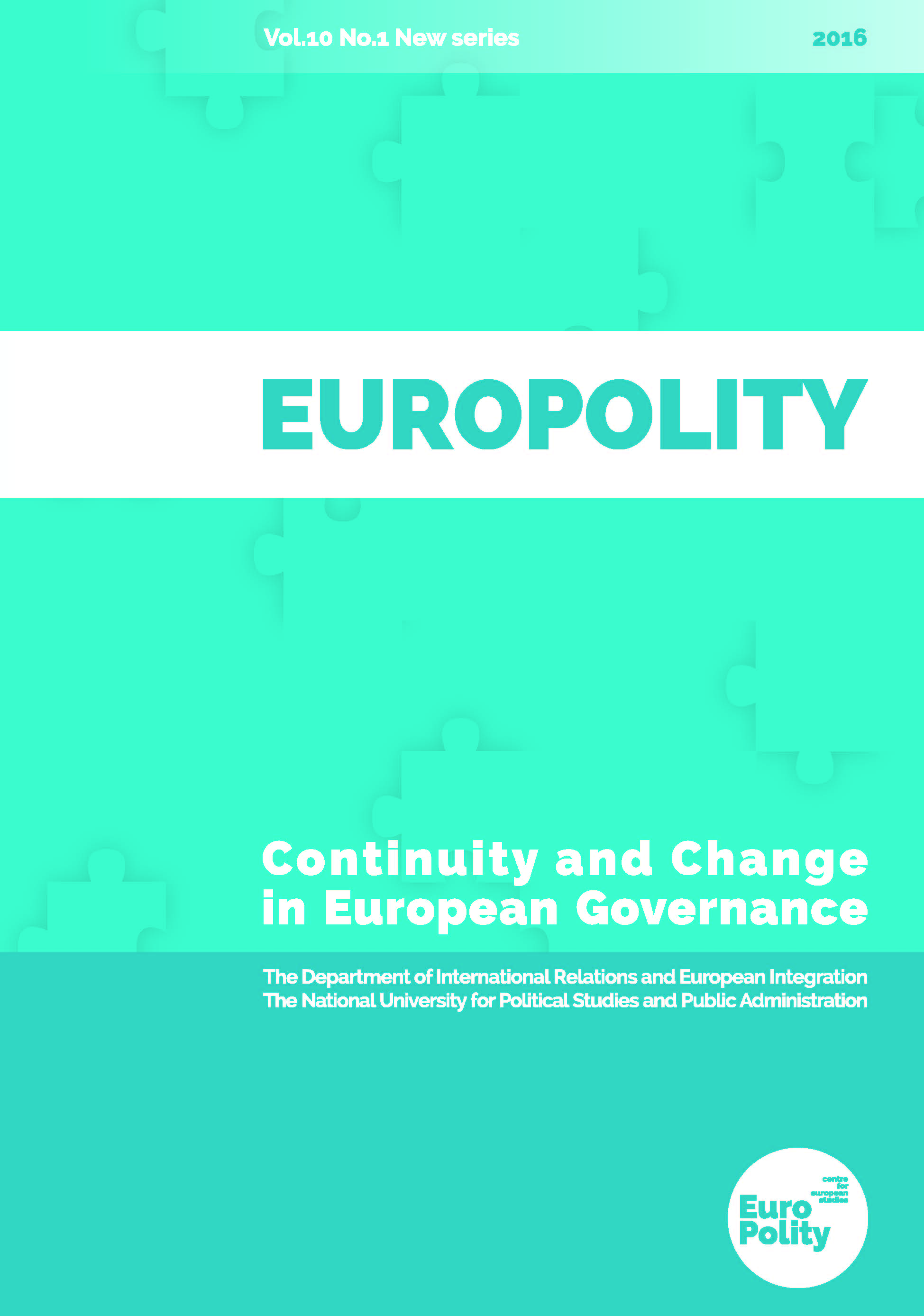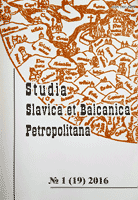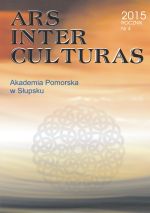Prints from Oriental Culture and Islamic Influence within the Albanian Traditional Wedding
GJURMË TË KULTURËS ORIENTALE NË DASMËN TRADICIONALE SHQIPTARE
Keywords: Oriental Culture ; Islamic Influence ; Albanian Traditional Wedding
Dasma tradicionale shqiptare vështruar në ritet dhe këngët ceremoniale përkatëse tërheq vëmendjen si një kremtim specifik në të cilin marrëdhëniet midis përbërësve ritualë, poetikë, melodikë, koreografikë, dekorativë etj. përcaktojnë njësinë etnokulturore dhe ndikimet e interferencat e kulturave të tjera. Martesa bën pjesë në ciklin e madh të jetës dhe ceremoniali i lidhur me të dallon për karakterin e tij sinkretik dhe ndërthuren vizionet e njeriut rreth jetës e botës, përjetimet e unit dhe të bashkësisë, vetëdija reale subjektive me atë kolektive në raport me vetëdijen artistike, besimet dhe ritet me përjetimet artistike. Është për t’u theksuar fakti i ekzistencës dhe i ruajtjes së posaçme të dokeve shqiptare të dasmës dhe krijimeve të tyre folkloirike edhe pse në gjendjen e mbërritur, ndikimet e jashtme të kulturave të tjera kanë lënë gjurmë në këtë sistem ceremonial, por pa zbehur kurrsesi tiparet specifike kombëtare.
More...


